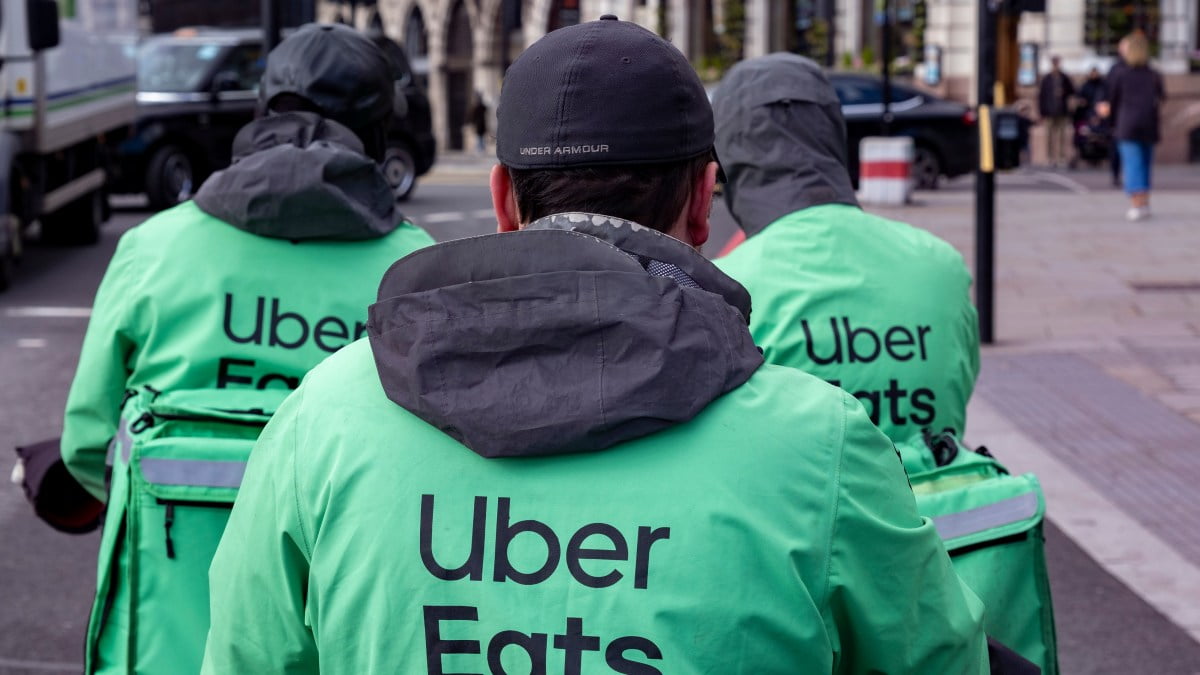
In the evolving gig economy, a recent case against Uber Eats in the UK highlights the complex interplay between technology, employment rights, and anti-discrimination laws. A former Uber Eats courier, Pa Edrissa Manjang, has taken legal action against the company, alleging unfair dismissal due to the biases of its facial recognition software. This case brings to the forefront issues of AI bias and the struggle for justice under UK law.
Key Highlights:
- Legal Action Initiated: Pa Edrissa Manjang claims that Uber Eats’ facial recognition software, used to verify couriers’ identities, unfairly dismissed him due to racial bias.
- Tribunal’s Decision: An employment tribunal allowed Manjang’s discrimination claim to proceed, rejecting Uber’s motion to dismiss the case.
- AI Bias Concerns: This incident raises broader concerns about the accuracy of facial recognition technology, especially its performance regarding individuals from ethnic minority backgrounds.
- Company’s Defense: Uber argues that its Real-Time ID Check, which includes human review, aims at safety and security, stating that Manjang’s dismissal was not solely due to automated facial verification.
Facial recognition technology’s reliability, particularly concerning ethnic minorities, remains a contentious issue. Critics argue that these systems often exhibit lower accuracy rates for people of color compared to white individuals, primarily due to biases in the training data. Manjang’s case is not isolated; other Uber workers have faced similar challenges, sparking debates about the fairness and legality of automated systems in employment decisions.
Broader Implications
This lawsuit is part of a growing discourse on the ethical use of AI and its impact on workers in the gig economy. The outcome could set a precedent for how technology companies implement AI-driven processes while ensuring fairness and compliance with anti-discrimination laws. As digital identification and verification systems become more widespread, the urgency to address these biases and protect workers’ rights intensifies.
The ongoing legal battle of an Uber Eats courier against alleged AI bias underlines the critical need for transparent, fair, and accountable technology use in the workplace. It highlights the challenges individuals face in securing justice and emphasizes the importance of legal and regulatory frameworks that keep pace with technological advancements. As this case progresses, it will undoubtedly contribute to the broader conversation on the role of AI in society and the protections necessary to ensure it serves the good of all, irrespective of background.